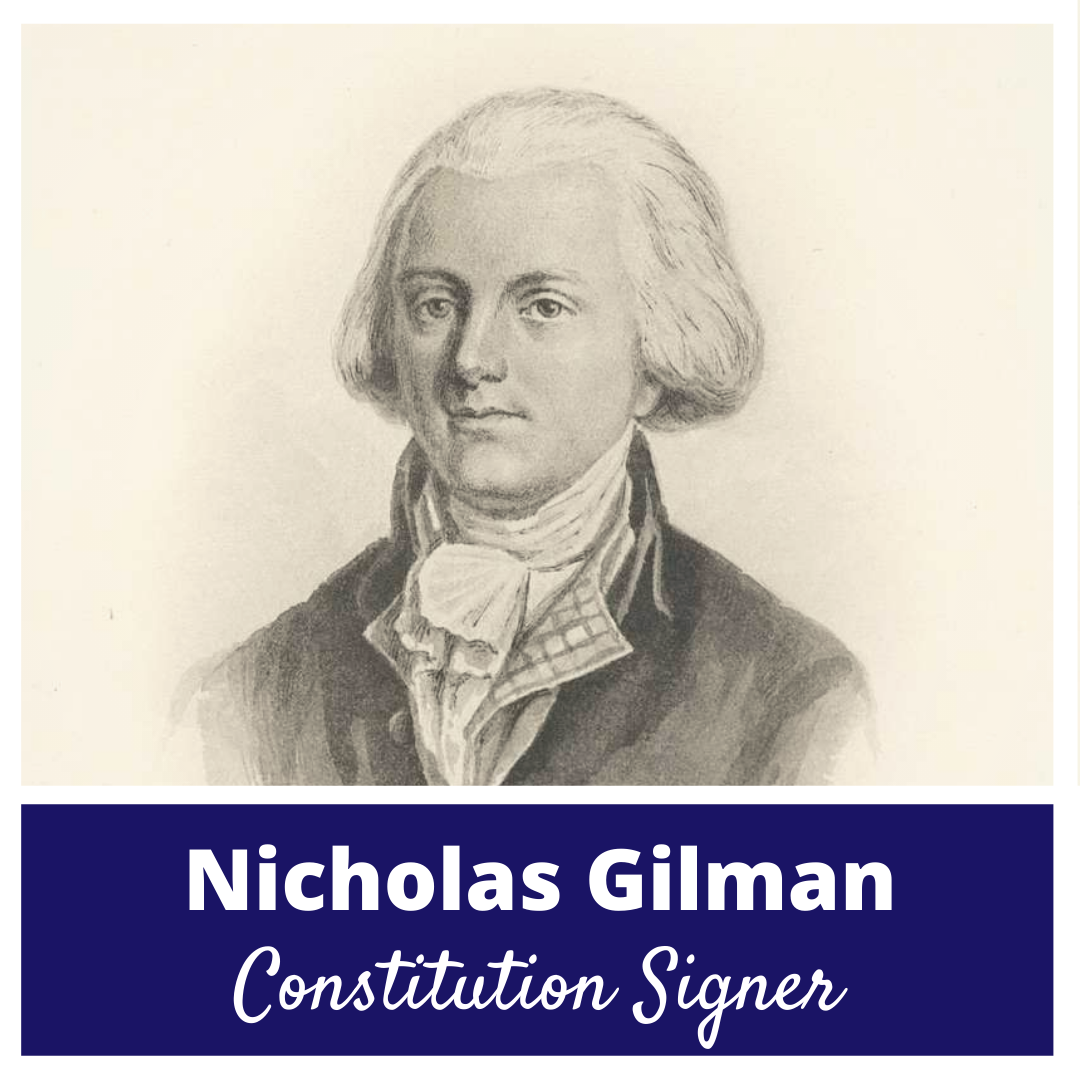Agrippa Hull Becomes the Life of the Party
Agrippa Hull was a free Black man who played an important role supporting the engineering department of the Continental Army.
Agrippa Hull
Agrippa Hull was a free Black man from Western Massachusetts who signed up with the Continental Army at 18-years-old.
Hull became an orderly for Major General John Paterson, performing duties in a secretarial role for several years.
During this period, Agrippa was present for the notable Battles at Saratoga and Monmouth and camped with the Army at Valley Forge.
Kosciuszko
In the Spring of 1779 Hull was placed in the unit of Tadeuz Kosciuszko, a Polish Officer who joined the Patriots and became the Chief Engineer of the Continental Army.
Agrippa spent more than four years at Kosciuszko’s side, most of that time being spent in the Southern Department building fortifications for the Americans.
The relationship of Hull and Kosciuszko, coupled with the witnessing of mass slavery in the South, led to Kosciuszko becoming an important and outspoken abolitionist in the years following the war.
Sedgwick
After the American victory in the Revolutionary War, Agrippa Hull returned to Massachusetts (his discharge papers having been personally signed by General Washington).
He began working in the house of Theodore Sedgwick, the lawyer that led the charge outlawing slavery in that State. One of Hull’s coworkers in that home was Elizabeth Freeman, the very person who Sedgwick defended in his famous freedom suit.
Agrippa remained in that occupation for over two decades.
Life of the Party
While working for Sedgwick, Agrippa began purchasing property in the town of Stockbridge.
Hull’s holdings grew through the rest of his life while he became one of the most popular figures in town, known for his wit, good humor, and tendency to break out into rhyme.
In 1831, when he was 62-years-old, Agrippa took part in a trip to West Point in celebration of a statue unveiling in honor of his old commander Kosciuszko.
As one of Tadeuz’s closest confidants during the war, Hull took the attention of the crowd, regaling them with war stories from the life of the day’s honoree.
Want to read about more Founders who fought to abolish slavery?
Check out these articles:
John Lowell Sires American Leaders - Lowell put language in the State Constitution which led to Freeman’s case.
William Cushing Keeps His Wig On - Cushing was the Chief Justice who, two years later, confirmed that slavery was unconstitutional in Massachusetts.
Agrippa Hull has several biographies.
‘Friends of Liberty’ is a great look at his life and the effect it had on some Founders, and the effect it didn’t have on others.
If you’d like a copy you can get one through the Amazon affiliate link below (you’ll support this site, but don’t worry, Amazon pays me while your price stays the same).
Want to get fun American Revolution articles straight to your inbox every morning?
Subscribe to my email list here.
You can also support this site on Patreon by clicking here.
Thanks for your support!






